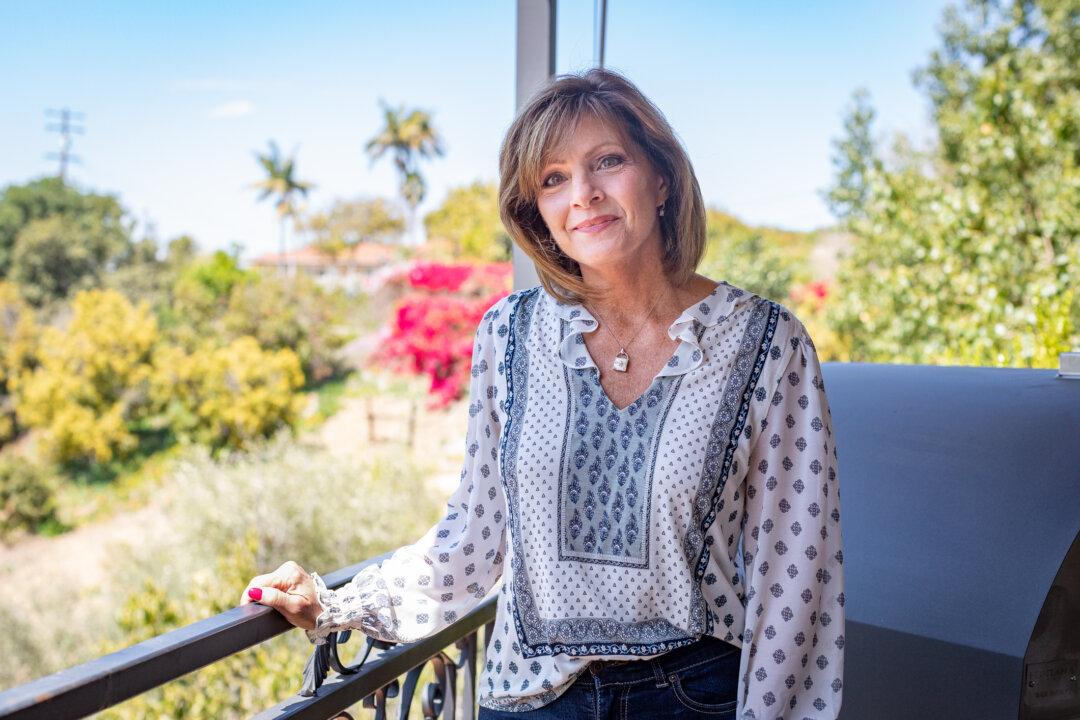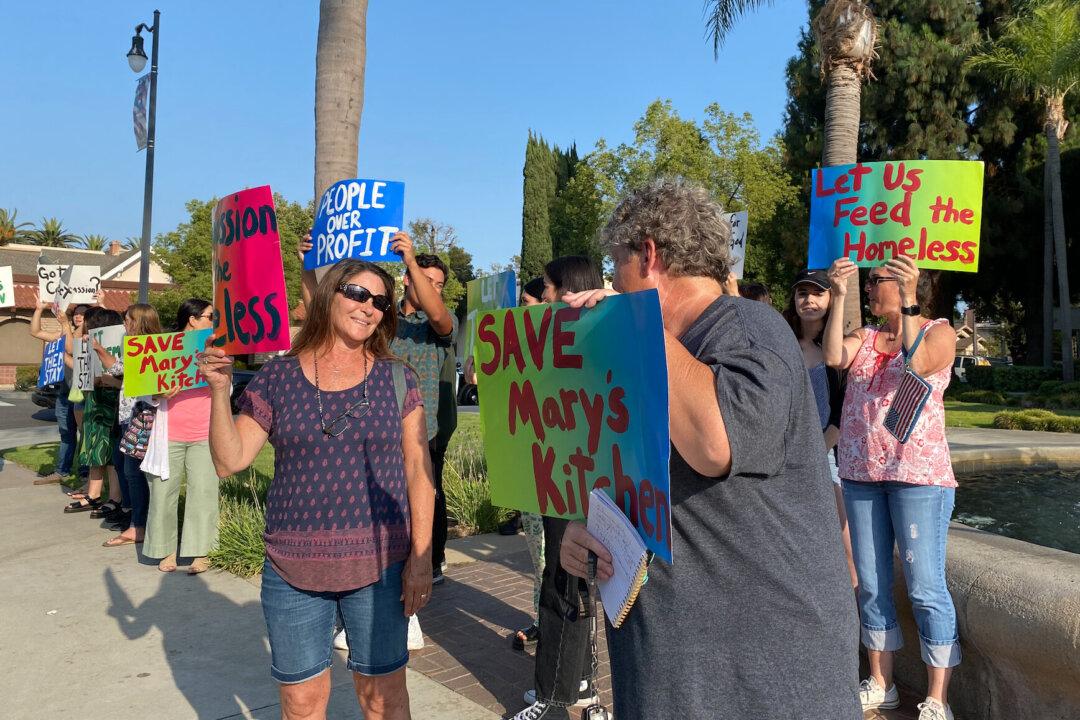For the past 25 years, Susan Papiri of La Habra Heights, Los Angeles County, has dedicated herself to caring for seniors. Her passion for this calling started with regular chats she had as a child with an elderly, bedridden man in her neighborhood.
For the past 10 years, she has orchestrated the Senior Care Hero Awards, which she describes as a sort of Academy Awards for under-appreciated workers in the local senior care industry.





